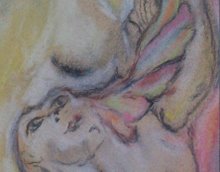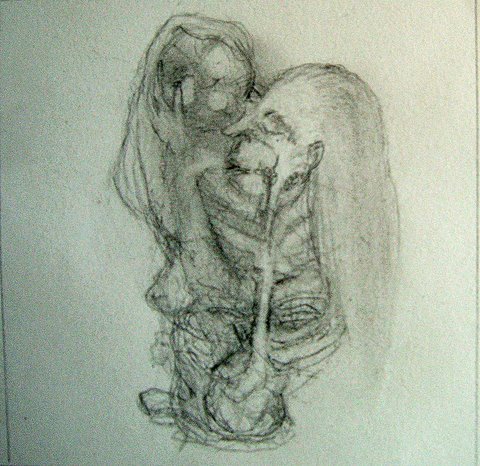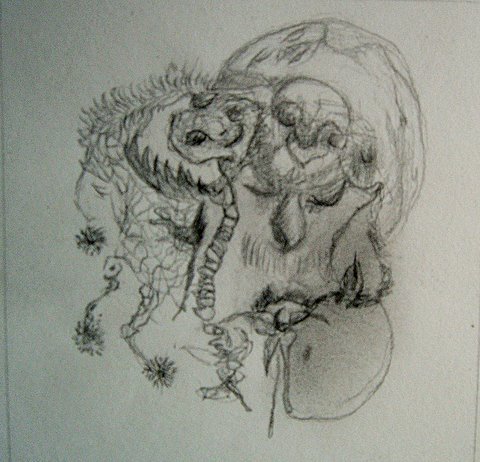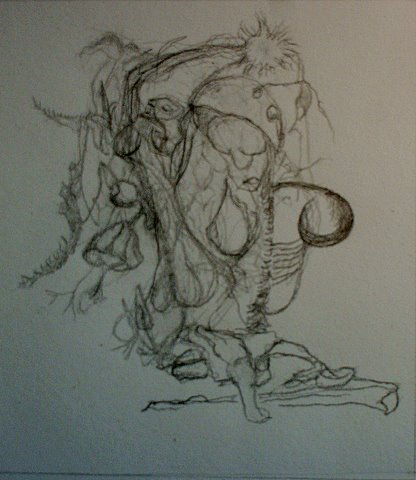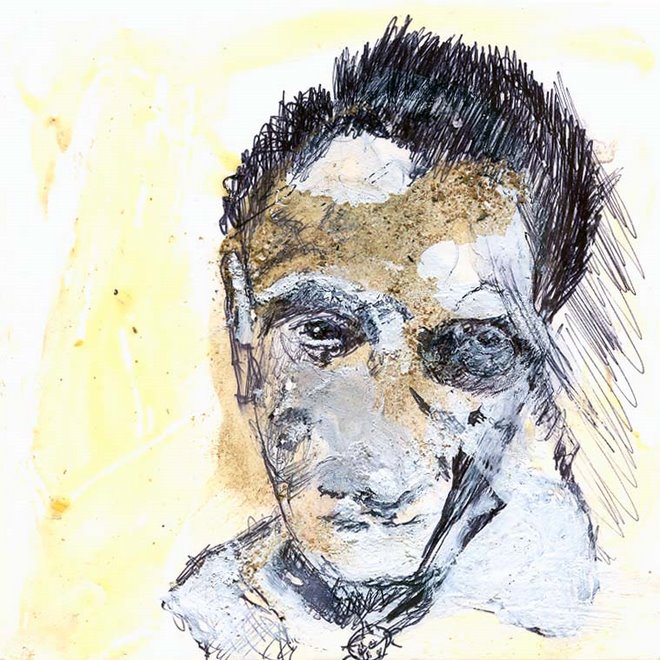 |
| click on photos to enlarge them |
First... a new poem...
August 31, 2018
we don't dance in the streets
because cars may hit us
but we dance in the channels of our blood
dance in the mind unhindered
about the atom dance
across waters trading tongues
we don't dance without effort
nor with too much force
we dance when things are growing quiet
we dance in clamor and storm
we bend but remain supple, unbending still
& snap to the smile
we dance when there is nothing to lose
& when we wisely choose
open the four-fold aura
amid the five-petaled rose
we don't dance for free
nor dance mercenary
we dance in fact like stone
suited to courageous inertia
& unknown ignitions
brightly blotting the world
When, in the past, I had ever been courageous or daring
(we all have our moments) the instinct or impulse
driving me was linked to my consumate naivete or the
awareness that death stalks me, awaits me, around
the corner: better live and dare maintenant, carpe diem,
noctem, and all that. Since most acts of courage &
(occasionally dumb-ass) daring have kept me on
my unique life's path, advancing me by hook or crook
to the next plateau, there's been a tendency to believe
this spontaneous methodology
might work in my favor as I round the hump of the hill,
where, at the peak,
just before descending, I stop.
I am no longer so naive. So daring has lost one resource.
How then to have faith in acts of daring, aside from
being forced to them by perpetual premonitions
of blind death's vision, the vision of death,
which, on the down-slope, one will avoid
rather than confront, feint, or out run, since playing
with that level of existence demands absolute vigor,
fatal vigor (the one that keeps you most alive)
in the sense that one knows one cannot win
ultimately, but only trick moment's envelope
out of itself. Death is never cheated, offended because
death always gets the last word...
How then preserve faith when the gray hair indicates
a certain passage beyond the realm of the energetic
passions (despite the fact one feels them)?
While attending the Pakistani wedding party, I felt
both abandonment, the urge to dance in celebration
of life, wedding, nature, gods -- even though the wedding
itself might be arranged, not as romantic as one would
love to believe -- and along with this urge came the sense
that I might appear ridiculous to on-lookers, this gadjo dilo
who danced anyway, happily. Connection was in the air.
I took it home with me while bringing it back.
Some videos of the Brueghelesque scenes
and wild music:
Gypsy Weddings, Belovo
The Balkan Romany wedding party, by contrast,
(where we met and learned both families regularly
travel between Bulgaria and the U.K.) was very different.
More people danced, created their own circles, their
own private wilderness, in the festival atmosphere,
like Mardi Gras, they danced in small groups
or in larger ones, here and there, men and women
mingling, although the gender roles and codes still
seemed strict. Children running all around.
Social wilderness. People in formal dress alongside
the casual wear and the shirtless tough guys
with their razor-cut prison tattoos and the caterers,
they all had occasion to dance together, old, young,
skilled or not; we were even invited to dance in the hori
and the circle grew to absorb us. So the only conclusion
I can reach about personal daring as a norm for being a sign,
an acceptable sign, of vitality, is that it's all about the
social context. One must find one's people. The dance
follows. Or one must find one's self and the necessity.
I would like to dance with wild abandon more often.
It seems healthy. What is lacking in my culture, my society,
or why do I no longer dare to dance?
time...
I go to find you
P.S.
It occurred to me later that what I called courageous above
is not what people consider to be classically courageous
actions that seek to defend justice, prevent disasters, save lives
and those kinds of altruism that I find personally rather
instinctive and compassionate responses. I never
think about what's done when actions of that order
take place because they are actions I consider natural
and in no need of explanation or praise. we should not brag.
So the kind of courage, to be one's self, or to not fear
the illusory aspects of social structure.
This takes being able to detect what is false, illusory,
unnecessary, since one's acceptance into a social milieu
depends on respecting conventions. So detecting
this too may not be so simple. One stands on the border.
Blue or red pill. As one grows older and changes location,
and sees numerous cultures, the values in those cultures
become relativized and in some sense they are all
equally conventional, perhaps not filled with meaning for
every person inside or outside said culture.
Many are the children who do not understand their parents
religion. Many who do not know why boys don't wear
skirts or why women can't go topless. We would call it
courageous for a woman to walk topless and a boy who
would wear a skirt has to have balls of steel, as we say.
To define what aspects of convention we can shed becomes
more difficult as one grows older and needs the protection
of society. But one must learn to stand alone. Wander into
the nature of one's nature inside nature. Emerson
called it self-reliance, the outer self too. Taoist return to primal chi.
The energy the body needs is forever young and the process
of finding the energy of vitality is the key to discrimination.
The sickness that is society can only be cured from within
by each cell in the overall tissue defending itself and in sympathy
with the collective and bearing compassion toward the ill.
Tissues and organs can be regenerated starting anywhere










